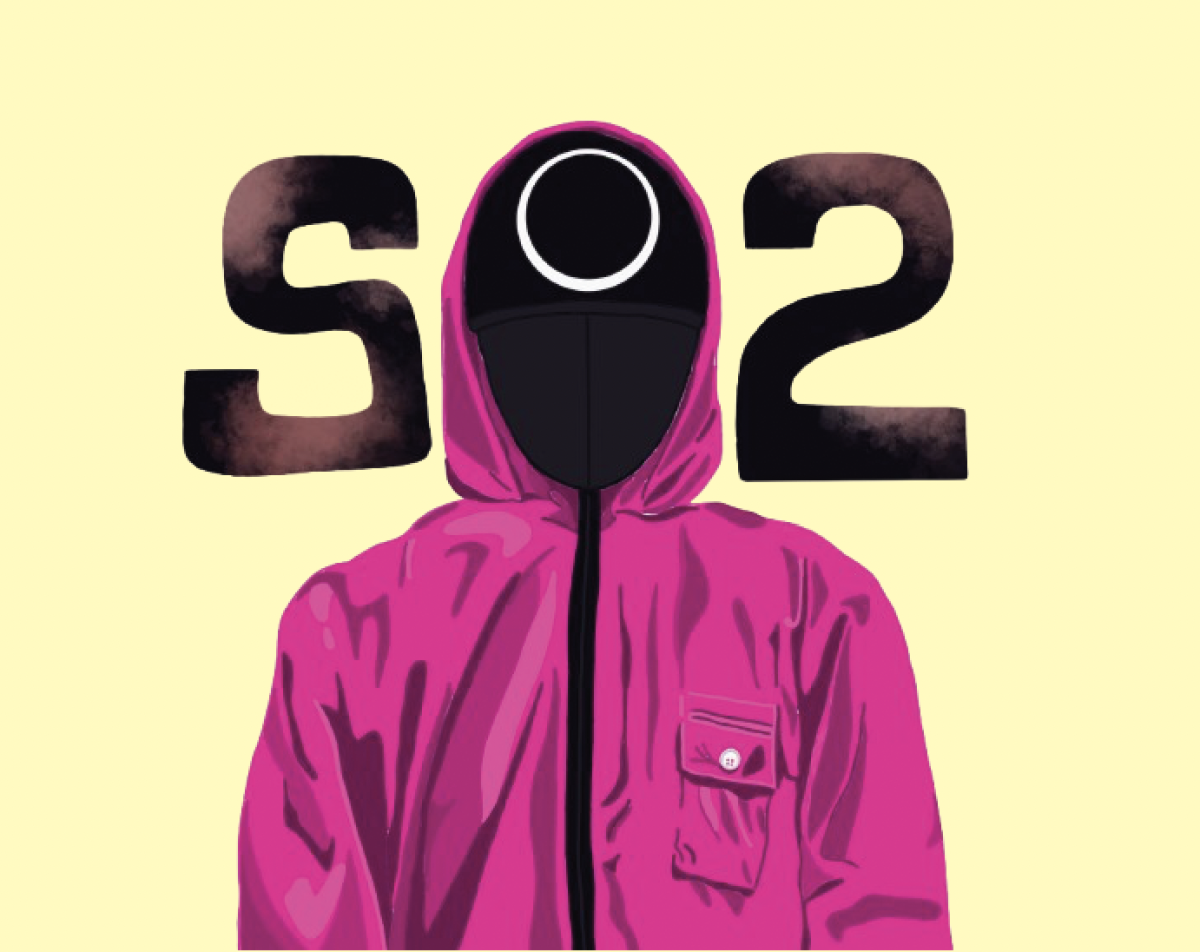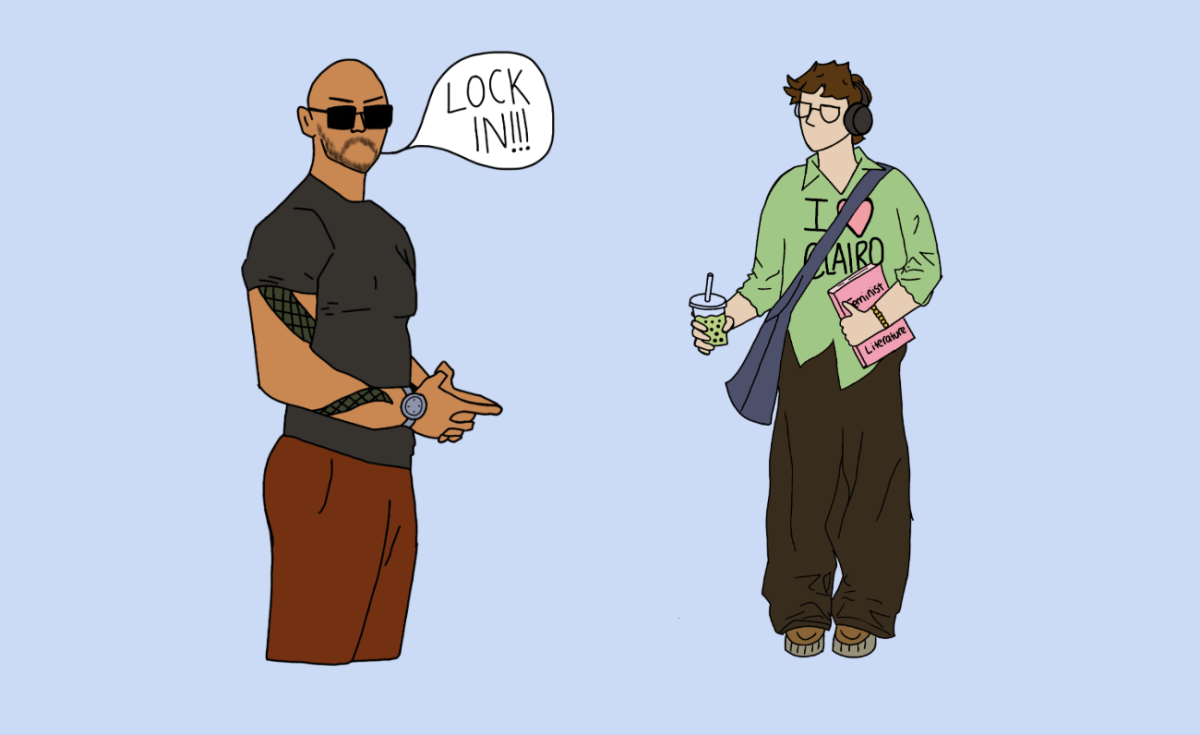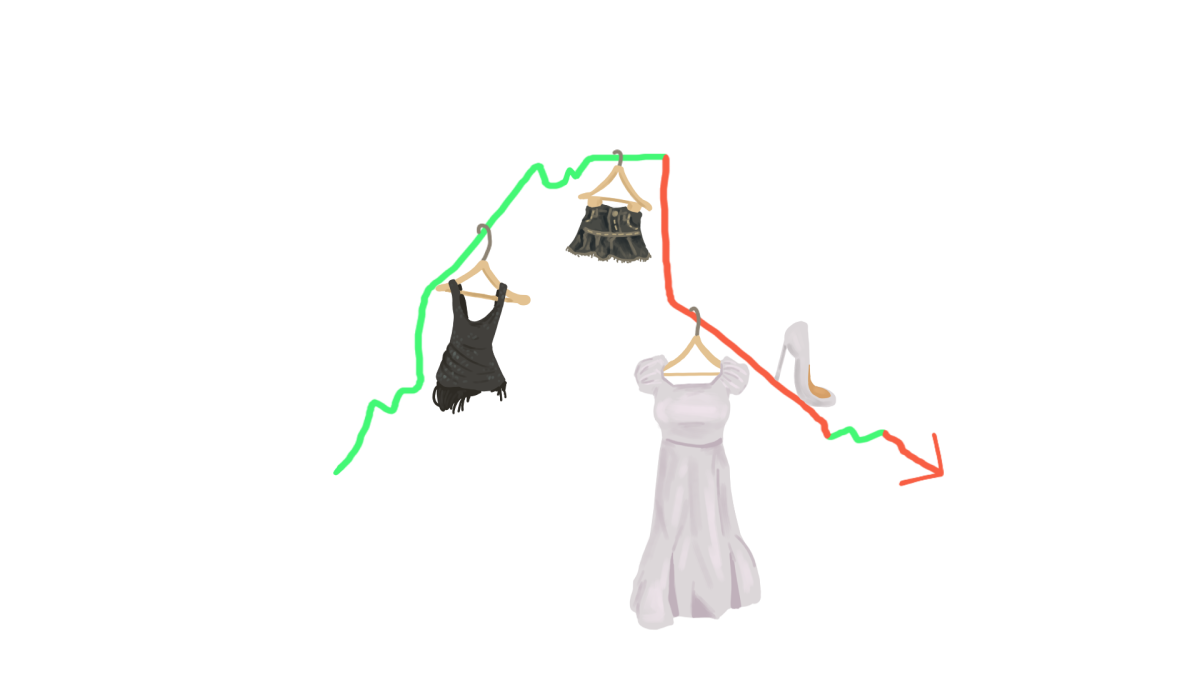When “Squid Game” premiered in September 2021, it captivated audiences around the world, leaving viewers both horrified and riveted by its brutal depiction of a survival game designed to exploit the most vulnerable in society. Desperate players, each overwhelmed with debt, were lured into a competition for an enormous cash prize, but the price of losing games was death. At its core, “Squid Game” was a fierce critique of capitalism, highlighting the cruelty of a system that drives people to sacrifice their humanity for the promise of wealth. When the first season ended on a cliffhanger, fans were hungry for more, waiting anxiously for a second season that would live up to the enormous expectations that had been set.
Three years later, the phenomenon finally arrived, and with it, a new wave of anticipation. Could it capture the same harrowing energy that made season one engrossing, or would it falter under the weight of its own success?
At the center of the season is protagonist Seong Gi-hun (Lee Jung-jae), player 456 — the winner of the first season’s games — who returns as a shadow of his former self. Now consumed by revenge and justice, Seong’s actions are often guided by hubris: an overestimation of his ability to control the situation. His quest to end the games and punish those profiting from the bloodshed leads him to rash decisions with grave consequences. Though his intentions seem noble, his actions are personal, rooted in vengeance. Seong’s arc seems like a critique of those who challenge oppressive systems without fully understanding the consequences. It is not enough to want to be a hero — one must recognize the human cost of rebellion, even when fighting for those who suffer the most.
A major theme in this season is the manipulation of choice, reflecting capitalism’s false promise of choice. Unlike season one, where players had no say in their fate, season two offers players the chance to continue the games. This illusion of freedom quickly becomes clear as a cruel joke; players must choose between continuing the games which offer wealth but certain death, or stopping them, only to return to lives of poverty and exploitation. While these moral dilemmas add layers of social commentary, they sometimes take away from the core appeal of the series: the high-stakes games themselves. This season only features three games, including a return of the iconic Red Light, Green Light.
Season two also delves deeper into the lives of the workers behind the scenes — from the recruiters to the shooters to the mysterious Front Man (Lee Byung-hun). This broader exploration of the world behind the games serves as a chilling reminder that in a system like capitalism, even those who enforce the rules are just as exploited and powerless as the victims.
The Front Man’s role expands this season, especially when he enters the game as player 001. As the game’s orchestrator, he manipulates the rules, shifting the tension from the players’ survival to anticipating his next move.
His mysterious past and possible familial ties to season one’s antagonist, fuels speculation about his motivations. Is he driven by power, guilt or something else? When he befriends Seong, and exhibits seemingly genuine interest in the players’ wellbeing, viewers question his moral standing — is he truly the cruel orchestrator perpetuating the devastation caused by these games? His complexity as both the enforcer and product of the corrupt system he upholds, blurring the lines between oppressor and oppressed, only make the series more nuanced and exciting.
This season also brings some notable new characters to the forefront. Hyun-ju (Park Sung-hoon), player 120 and a transgender woman, stands out as important positive LGBTQ+ representation. Her storyline, which involved her relationship with other players, including Geum-ja (Kang Ae-sim), player 149, a kind elderly woman who reveals her poignant backstory of resilience during the Korean War, adds a layer of warmth to a season otherwise dominated by brutality and betrayal. Hyunju’s presence is a welcome departure from the often homogeneous portrayals of gender and sexuality in South Korean media, especially given the country’s conservative stance on LGBTQ+ issues.
In contrast, Thanos — played by K-pop star T.O.P. — was more divisive. Some found his apathetic, always-high character grating, while others appreciated his out-of-pocket, irreverent behavior that provided a brief, but needed, break from the emotional weight of the plot.
As season two concludes, many fans express disappointment over the lack of closure, feeling like the show has set up more questions than it answered. The psychological complexity and thematic depth are there, but the ending leaves fans hungry for more. Season three, expected in 2025, promises to answer lingering questions, especially about Seong’s arc and the true nature of the game. For now, “Squid Game” remains a gripping, edge-of-your-seat experience, with the final moves of the game still to come.





















